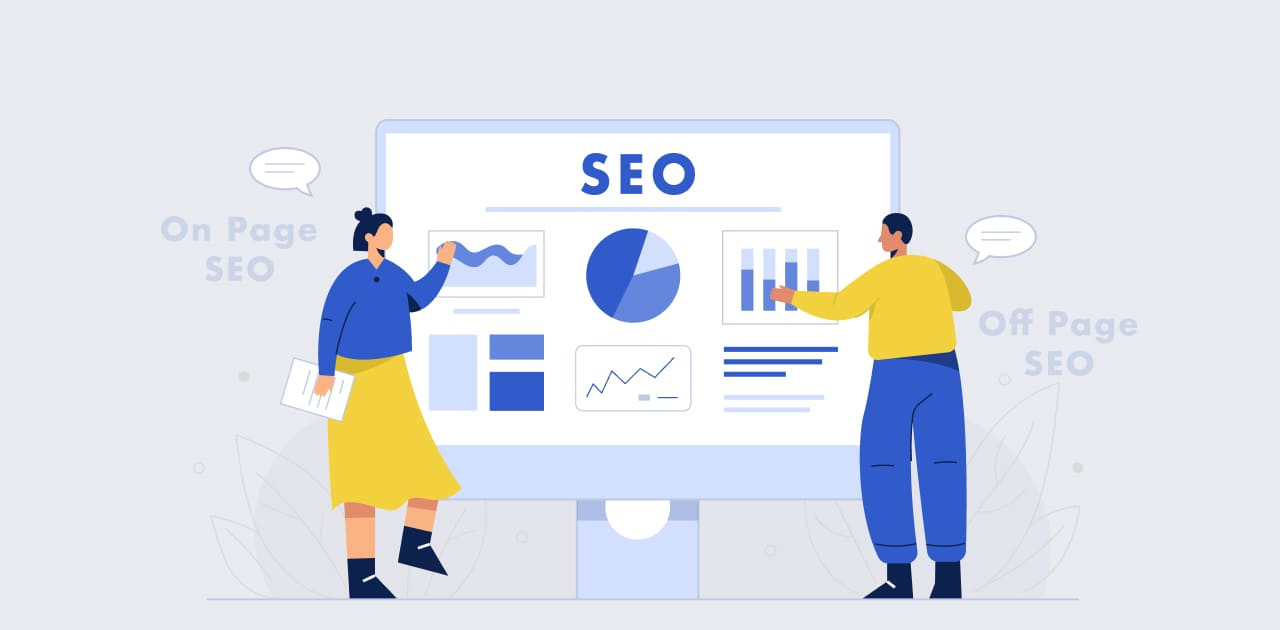
Programmatic SEO (Programmatic SEO) refers to the use of automated tools and algorithms to optimize the search engine ranking of a website, usually by generating a large number of optimized pages to increase the visibility of the search engine results page (SERP).
This method can not only increase website traffic, but also reduce the burden of manual operations through systematic strategies. It is suitable for large-scale sites or founders with specific goals.
Here are some core steps for how founders can get started with programmatic SEO:
Programmatic SEO is the optimization of search engine rankings through technical means, automated tools and data analysis. Its core purpose is to generate and optimize content in batches to meet the requirements of search engine algorithms while improving user experience. Compared with traditional manual optimization, programmatic SEO is more efficient and can be operated on a large scale.
When doing programmatic SEO, you must first clarify your goals. Common goals include:
Increase overall website traffic
Improve rankings for specific keywords
Provide content that better meets user needs
Enhance conversion rates
Programmatic SEO usually requires the use of a series of tools to support the automated process. Common tools include:
SEO analysis tools : such as Ahrefs, SEMrush, and Moz for keyword research and competitive analysis.
Content generation tools : such as OpenAI's GPT series, used to quickly generate high-quality content.
Automated optimization tools : such as Screaming Frog and Sitebulb, used for site auditing, URL structure optimization, etc.
Data analysis platform : Google Analytics and Google Search Console, used to track the performance and ranking of the website.
A key component of programmatic SEO is automated content generation. By building templates and leveraging data sources, pages that meet search engine requirements can be generated at scale. The content of these pages is usually based on:
Long-tail keywords : Automatically generate long-tail keyword pages to satisfy specific search queries.
Data-based pages : such as product lists, city pages, FAQs, etc., can be generated and optimized based on large-scale data.
Programmatic SEO also requires strong technical support, especially in website architecture and code optimization. Make sure:
Clear URL structure : easy for crawlers to crawl and compliant with SEO standards.
Fast page loading speed : Optimize images and resource files to ensure website response speed.
Structured data : Mark the key information of the page through JSON-LD or Microdata to improve the search engine's ability to understand the page.
Programmatic SEO emphasizes data-driven decision-making. Use A/B testing, click-through rate (CTR), page dwell time and other data to evaluate the effects of different strategies and continuously adjust and optimize.
Regular monitoring : Use Google Analytics and Search Console to track website performance and analyze ranking fluctuations, traffic sources and user behavior.
Key indicators : Pay attention to each page’s keyword ranking, page views, user interaction and other indicators, and make corresponding optimizations.
Programmatic SEO requires constantly updating and optimizing content to respond to changes in search engine algorithms and shifts in market demand. Automated tools can help founders update content regularly to ensure it remains current and relevant.
Check and update the long-tail keyword page regularly
Use machine learning models to analyze which content is popular and which needs improvement
Once you’ve mastered basic programmatic SEO, the next step is to expand and scale:
Automate more processes : for example, automatically extract data and generate pages through API interfaces.
Cross-domain/multi-language support : Replicate successful programmatic SEO strategies in different countries or locales.
Programmatic SEO is a powerful and effective tool for founders to quickly increase a website’s visibility and traffic in search engines. By understanding its core concepts, using the right tools, automated content generation, and technical optimization, founders can efficiently and sustainably improve their website’s search engine rankings. With the accumulation of data and continuous adjustment and optimization, programmatic SEO will become a powerful support for continued growth and expansion.